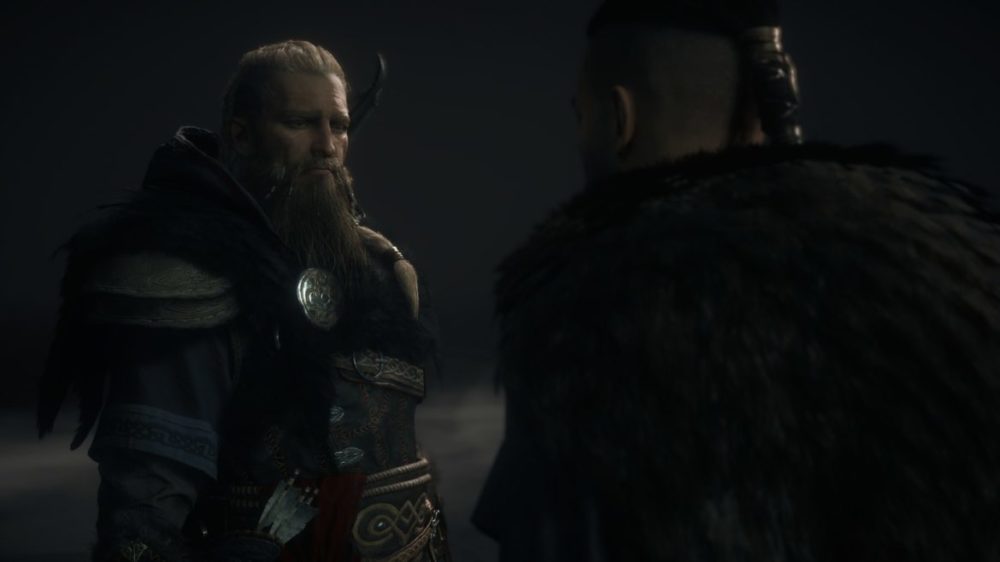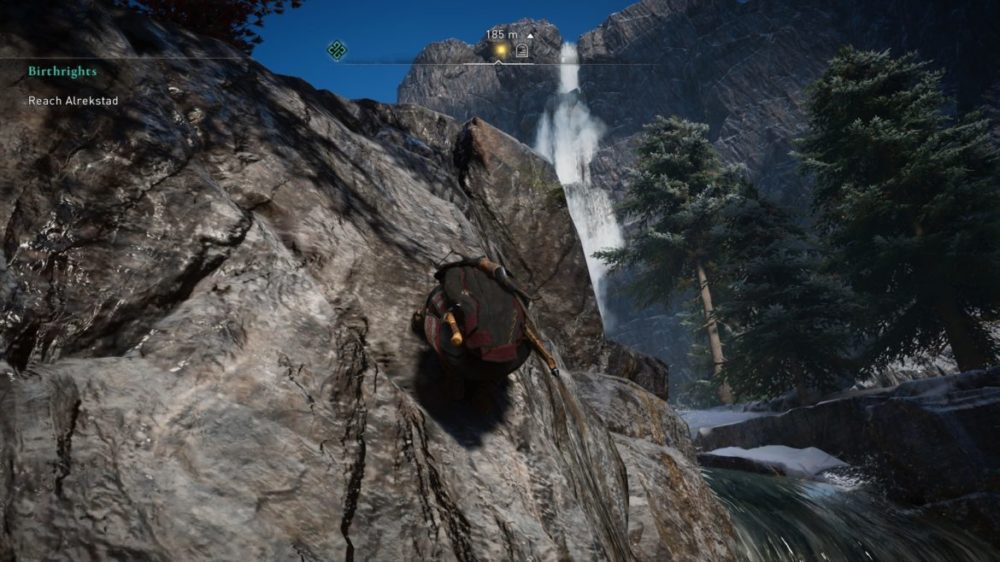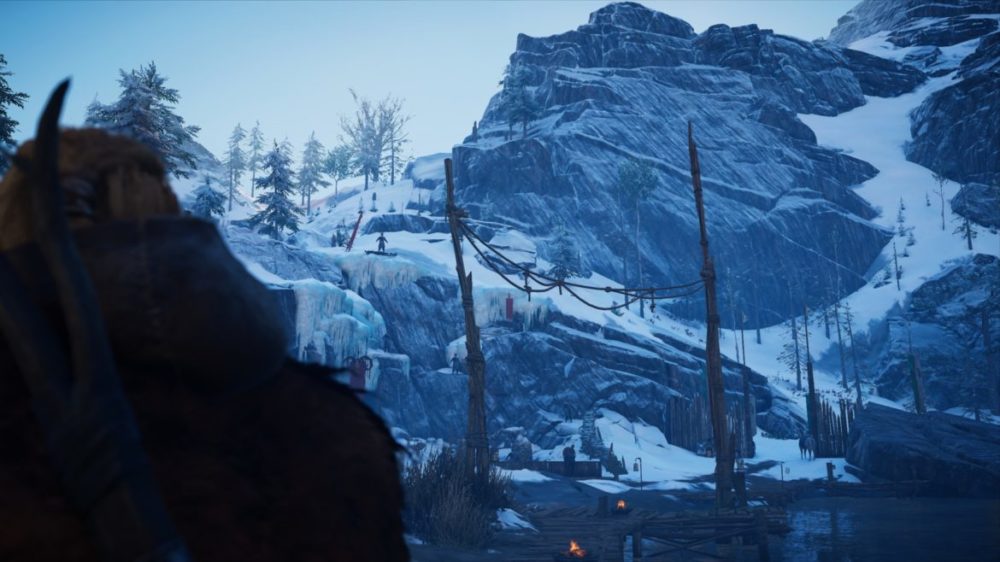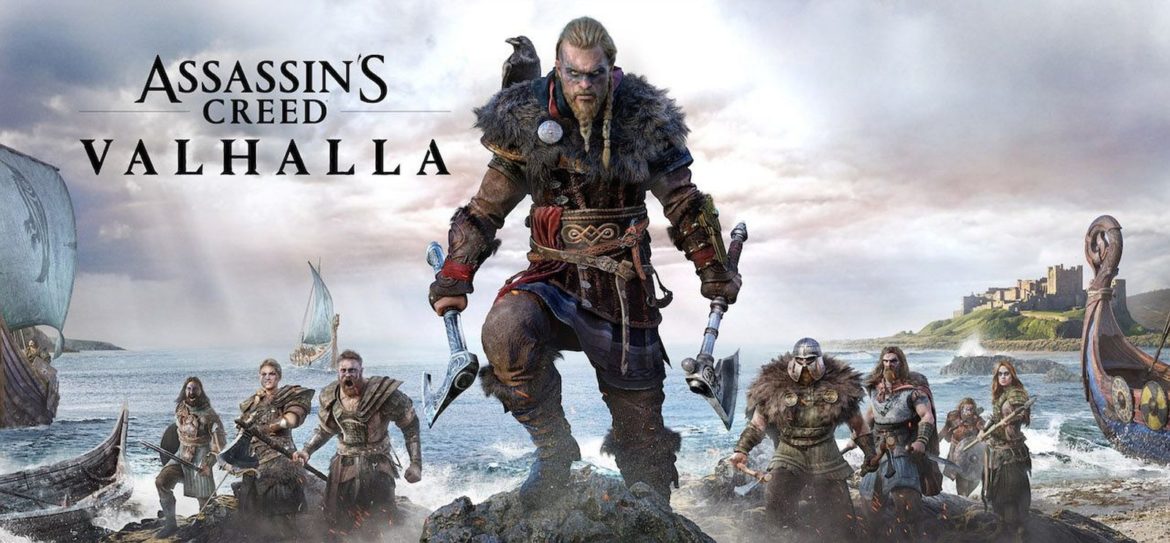TL;DR
Assassin's Creed Valhalla is a visually stunning and mechanically refined return to form for the franchise. Set in 9th-century Norway and England, it boasts impressive environmental detail and fluid gameplay, including a reintroduced crowd-blending mechanic. While the prologue can be slow and some architecture feels out of place, the game offers engaging combat, a flexible skill tree, and the unique ability to switch Eivor's gender on the fly. It effectively addresses player feedback, delivering a compelling and immersive experience that reclaims the series' leading position. Dive into the full review to see why Valhalla is a must-play!

As a long-time follower of the series since the original Assassin’s Creed, I consider myself a dedicated fan. However, I believe the franchise has somewhat declined since the release of the noteworthy Assassin’s Creed Unity. The question is: Can Assassin’s Creed Valhalla reclaim its position as a leading title in the open-world genre?
My journey begins with the protagonist, Eivor, in 9th-century Norway. The immediate impression is the striking beauty of the environments. From the valleys to the mountains, the weather effects, the sky, and the sea, the visual execution is remarkably well-crafted. Subtle details, such as footprints in the snow and the disturbance of water when fish surface, significantly enhance immersion. I spent a considerable amount of time simply climbing a waterfall, captivated by its visual appeal.

Ubisoft has made noticeable improvements to the game mechanics. Aspects such as climbing, traversal, combat, and riding feel more fluid and refined, contributing to a more realistic experience. Notably, the ability to blend into crowds, a feature absent in Origins and Oddysey, has been reintroduced, enhancing stealth gameplay.
Regarding potential drawbacks, the game’s prologue may feel protracted, with limited significant events occurring before the voyage to England. Furthermore, the presence of Greco-Roman architecture in English cities feels somewhat incongruous, creating a slight visual resemblance to AC: Odyssey. As noted in our Xbox Series X review, minor bugs are present, though they do not significantly impede the overall gaming experience and are likely to be addressed in subsequent patches.

Similar to Odyssey, players can choose between a male or female Eivor. Uniquely, Assassin’s Creed Valhalla allows players to switch between male and female DNA strands at will. Alternatively, players can allow the game to alternate between genders during the story. This mechanic, while unconventional, adds an interesting layer to the experience. The skill tree has also been redesigned, offering a choice between three distinct play styles—Warrior, Stealth, and Dexterity—or a balanced approach for proficiency in all areas.
In summary, the strengths of Assassin’s Creed Valhalla outweigh its shortcomings. The gameplay mechanics are compelling, the visuals are impressive in both England and Norway, and the narrative is engaging, despite occasional awkward dialogue in cutscenes. Thus, to reiterate the initial question: Has Assassin’s Creed Valhalla reclaimed its position as a leading title in the genre?

The answer is affirmative. Ubisoft has effectively addressed player feedback, resulting in a compelling, challenging, and immersive game. Consequently, Assassin’s Creed Valhalla stands out as a highlight of the year and a worthwhile addition to any gaming library.

